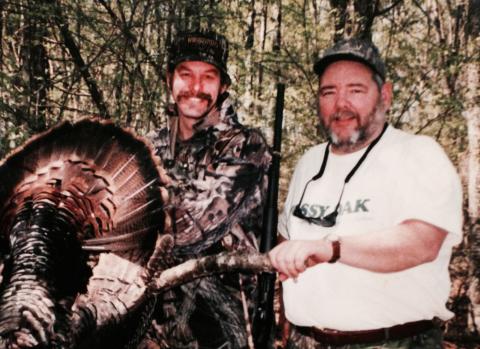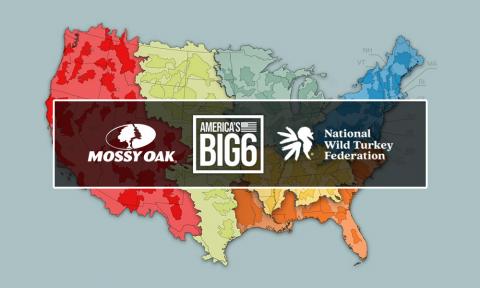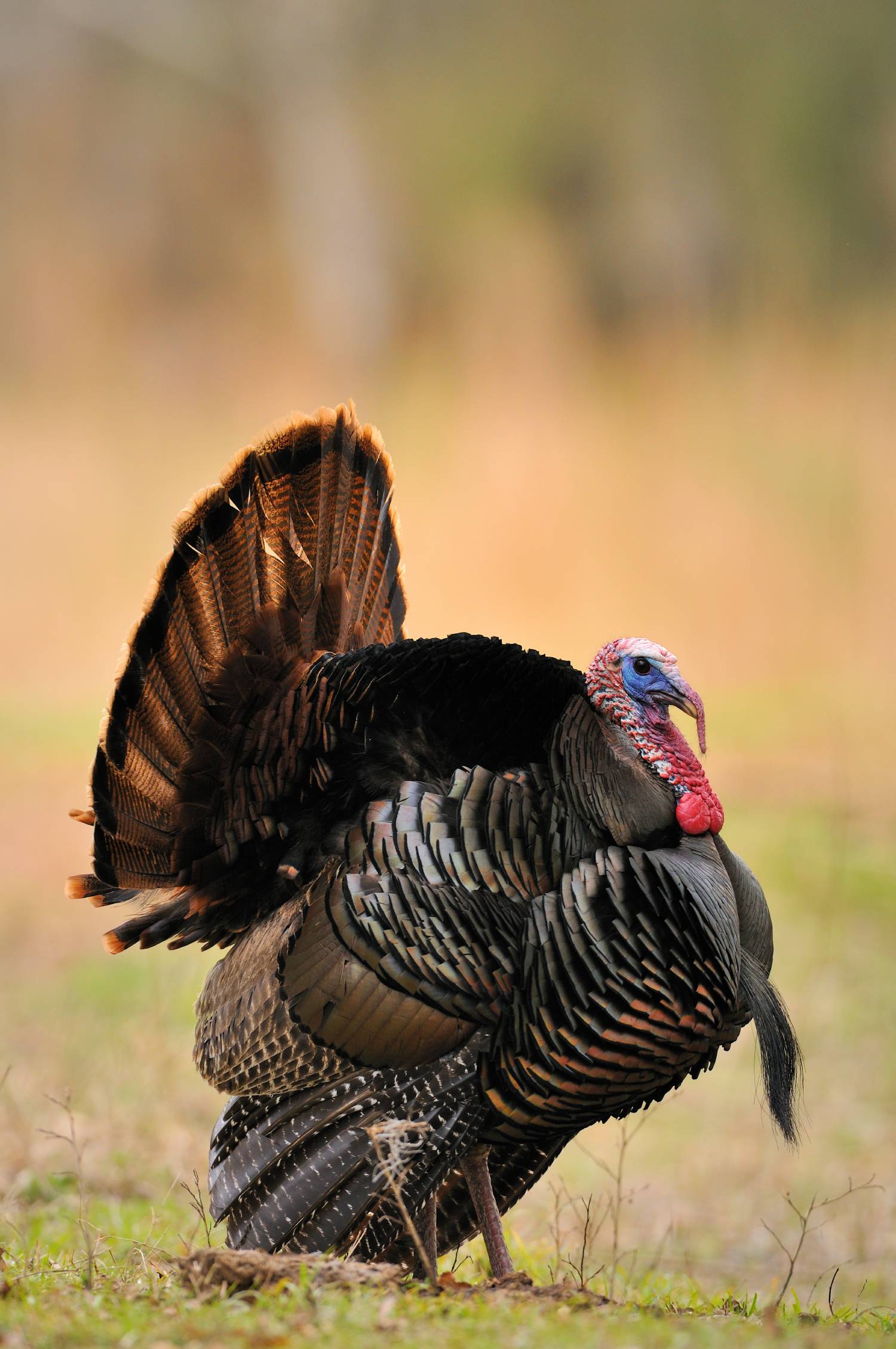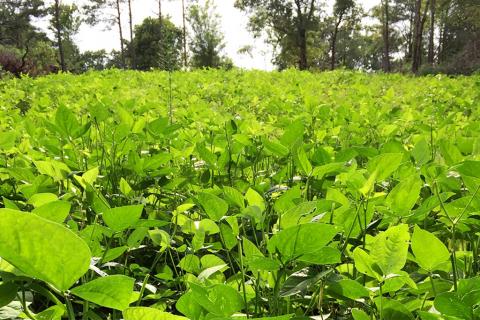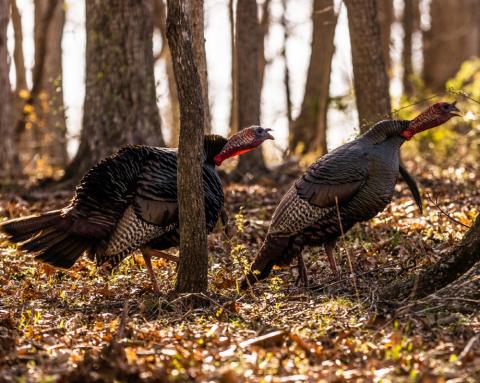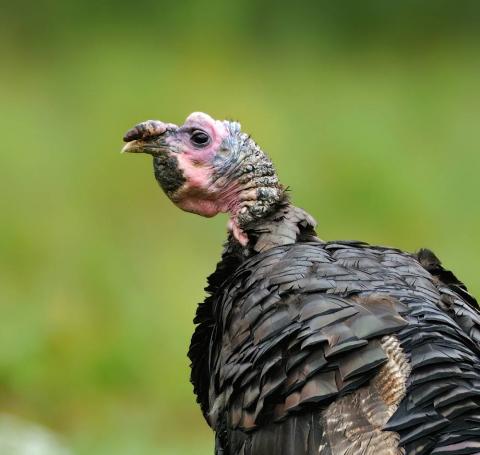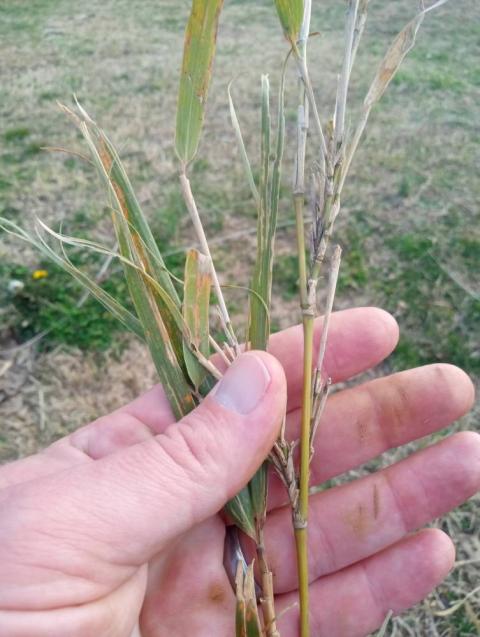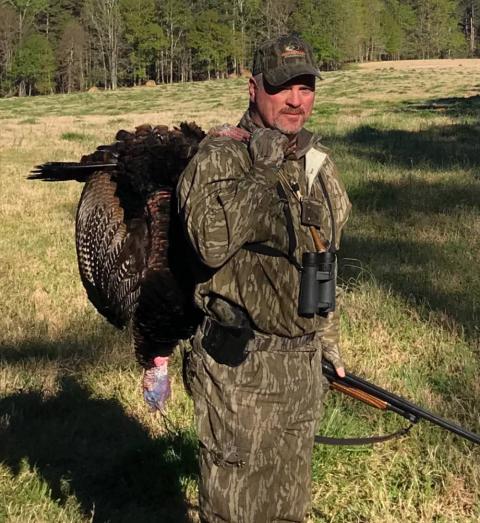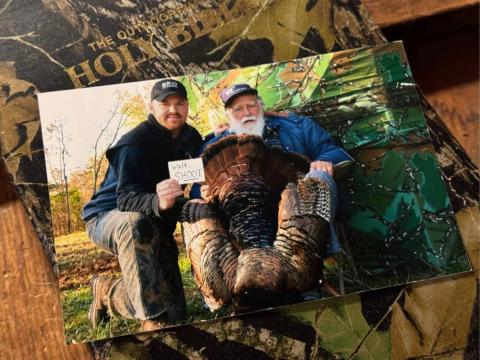Outdoor recreational therapy, wilderness therapy, outdoor behavioral healthcare—no matter what name you assign to it, it is understood nature can provide powerful therapeutic benefits for a wide range of people.
Time spent outdoors has been shown to help individuals with mental health issues by reducing anxiety and depression and enhancing overall happiness. With veterans, especially those who have post-traumatic stress disorder (PTSD) or need help to reintegrate into civilian life, time in nature also has shown promising benefits.
That’s why, in late 2020, the Veterans Recovery Outdoors Act was signed into law to make it easier for veterans to use the outdoors as part of their therapy and medical treatment. To understand what the Veterans Recovery Outdoors Act entails, here’s a breakdown of the act and how it benefits military veterans.
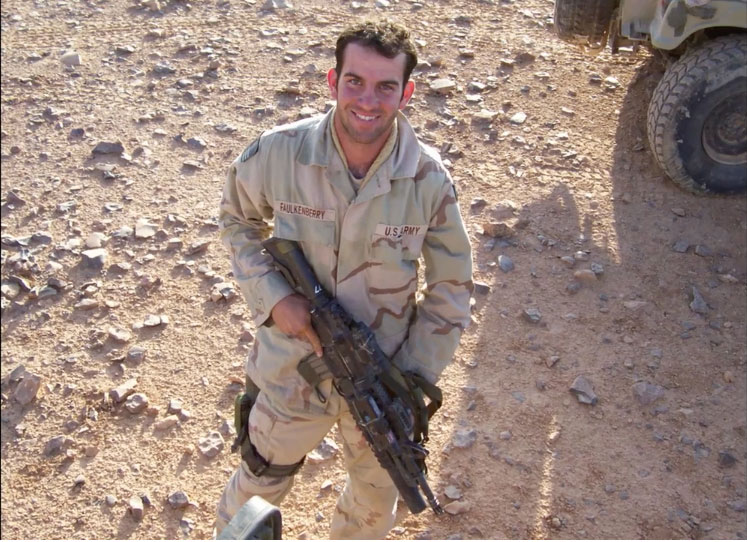
About the Veterans Recovery Outdoors Act
The Veterans Recovery Outdoors Act was first introduced in May 2019 by the House. The Senate later introduced the companion bill as part of a larger legislative effort to serve veterans better. More than 150 members of Congress on both sides of the aisle sponsored the legislation.
Leading up to the passage of the act, the National Parks Conservation Association (NPCA) and other partners and veterans across the U.S. worked to help legislators understand the therapeutic value national parks and public lands offer.
Included in the Veterans Comprehensive, Prevention, Access to Care and Treatment (COMPACT) Act of 2020, the Veterans Recovery Outdoors Act should ensure millions of veterans and their families can access the resources they need to benefit from the healing power of outdoor spaces, including public lands.
Besides the other eight provisions in the COMPACT Act, the new law aims to address issues that may lead to suicide and to address gaps in existing law that may prevent veterans in crisis from receiving critical emergency mental health care.
Specifically, the new law provides a plan to improve access to therapeutic outdoor programs. It requires the Department of Veterans Affairs (VA) to create an interagency task force on veterans’ outdoor recreation. The task force is charged with identifying barriers and making recommendations regarding public lands and other outdoor areas for veterans’ medical treatment and therapy.
In addition to the VA, the task force includes representatives from the offices of the Chief of the Army Corps of Engineers, Secretary of Agriculture, Secretary of Defense, Secretary of Health and Human Services, Secretary of Homeland Security and Secretary of the Interior.

Benefits of the Veterans Recovery Outdoors Act
For many veterans transitioning from the military back into civilian life, it can be a struggle to reintegrate. Whether they seek an alternative career path or try to establish a tight group of friends like that of their military family, the transition can be challenging. Plus, many return from duty affected by traumatic war experiences, which can lead to depression, PTSD, substance abuse and more.
Veterans assistance groups have long understood access to nature, coupled with other mental health treatments, such as support groups, offer healing effects for veterans. This is especially true of those suffering from PTSD or injuries from combat.
National parks are thought to play a key role in helping soldiers transition to civilian life. Research has shown group-based outdoor recreation activities can have significant and positive effects on veterans struggling with health issues and issues relating to reintegrating into civilian life. The NPCA’s veterans program works to “meaningfully engage the military community — including veterans, active duty, reservists and military families — in supporting national parks through service projects and a variety of advocacy actions.”
For some, therapy and other mental health services carry a stigma that may prevent them from getting help. Veteran groups and others believe outdoor recreation may have less negative stigma attached to it than other therapy types and could attract more participants. Plus, outdoor recreation therapy is less expensive than more traditional medical treatment, making it more accessible for low-income veterans.
Many states honor veterans around the country by providing special discounts, hunting and fishing license privileges and more. For instance, discounted or free North Carolina fishing licenses for veterans are available to military personnel who are North Carolina residents and meet N.C. Wildlife Resources Commission’s criteria. Brands like Mossy Oak offer veterans who hunt proven land management strategies for turning their property into a hunting paradise.
All those involved in the Veterans Recovery Outdoors Act’s introduction and passage recognize that more can be done, especially in the way of national parks, to honor and support veterans.
Therapeutic Benefits of the Outdoors
Outside of prescribed outdoor recreational therapy, the outdoors has long been understood to provide many physical and mental health benefits. Especially during warmer, greener months, many individuals turn to nature to get exercise, get vitamin D, boost their mood and more.
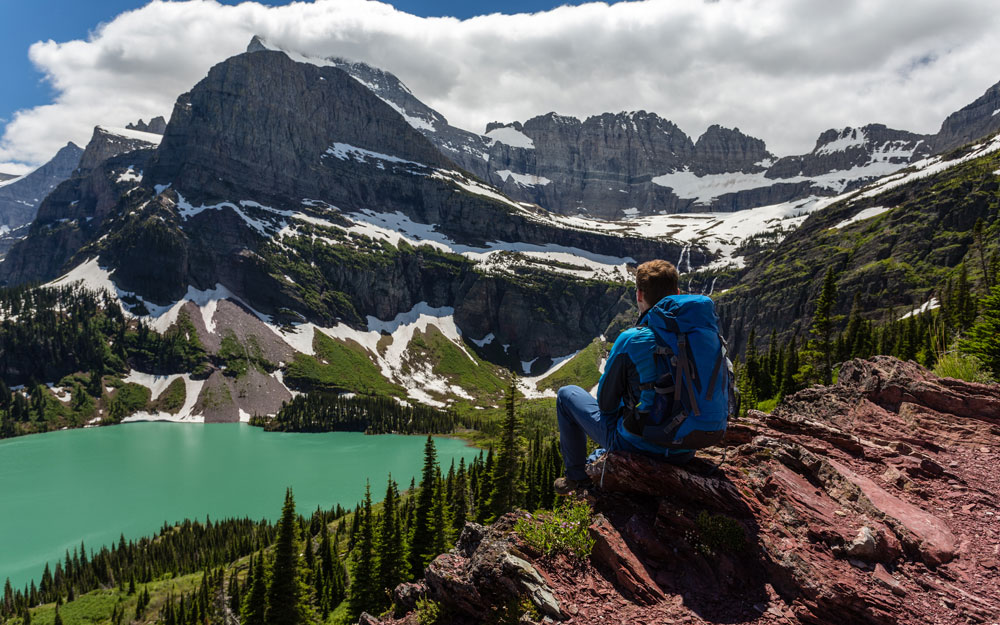
Here are some ways nature benefits our health:
Increases Vitamin D Levels
Vitamin D is an essential vitamin produced by the sun. It’s a nutrient that helps prevent osteoporosis, aids in calcium absorption and helps build and maintain strong bones. By spending time outdoors just 15-20 minutes a few times per week, we can get the recommended dose of vitamin D we need.
Promotes Exercise
While you don’t need to be outside to stay active, spending more time in nature can help decrease sedentary habits and increase your movement. It’s a great way to enjoy many outdoor activities and meet your fitness goals.
Promotes Happiness
Physical activity on its own has been shown to induce relaxation and enhance feelings of well-being, and going outside can add to that with the presence of natural light, greenery and open spaces. Stepping outside after spending time indoors for work or school can help ease anxiety and enhance overall feelings of happiness.
May Help with Healing
Just as exposure to natural light can help improve our mood and happiness, spending more time outdoors has been shown to aid in some patients’ recovery. From reduced stress and lower pain levels, time in nature may help with physical healing.
The Takeaway
Research has shown that time spent outdoors offers valuable therapeutic benefits to military veterans and others. With the passage of the Veterans Recovery Outdoors Act, more veterans can access the physical, mental and spiritual benefits nature offers and be connected to helpful outdoor recreational activities on public land.














